Kenneth Branagh | 1hr 43min

The stylish campness of moustachioed detective Hercule Poirot is not exactly lost in the Gothic dread of A Haunting in Venice, though it is at least more subdued in comparison to his previous outings. Approximately ten years have passed since Death on the Nile, and here Kenneth Branagh picks up on Poirot’s reclusive retirement in late 1940s Italy. One can only stand to witness so many crimes in their life before finding themselves totally disillusioned with humanity, and the horrors of World War II have no doubt taken their toll on his idealistic resolve as well. As a result, Poirot may be the most cynical that he has ever been, and yet as he is drawn into this mystery of mediums, seances, and vengeful ghosts, the foundations of his hardened logic are confronted with visions of the impossible.
What better location to set this loose adaptation of Agatha Christie’s novel Hallowe’en Party than Venice too – a city which by day presents itself as a grand historical wonder built around classical stone monuments and canals, and which by night reminds us that the ghosts of its legends are still very much alive. It certainly helps that Branagh chooses to shoot on location rather than falling back on the green screens of Death on the Nile, which previously produced a somewhat artificial look. Magnificently authentic Venetian backdrops thus make for a rich visual presence throughout the first act, before the Belgian detective is lured into the claustrophobic, centuries-old palazzo of opera singer Rowena Drake with the promise of a séance that will defy belief.
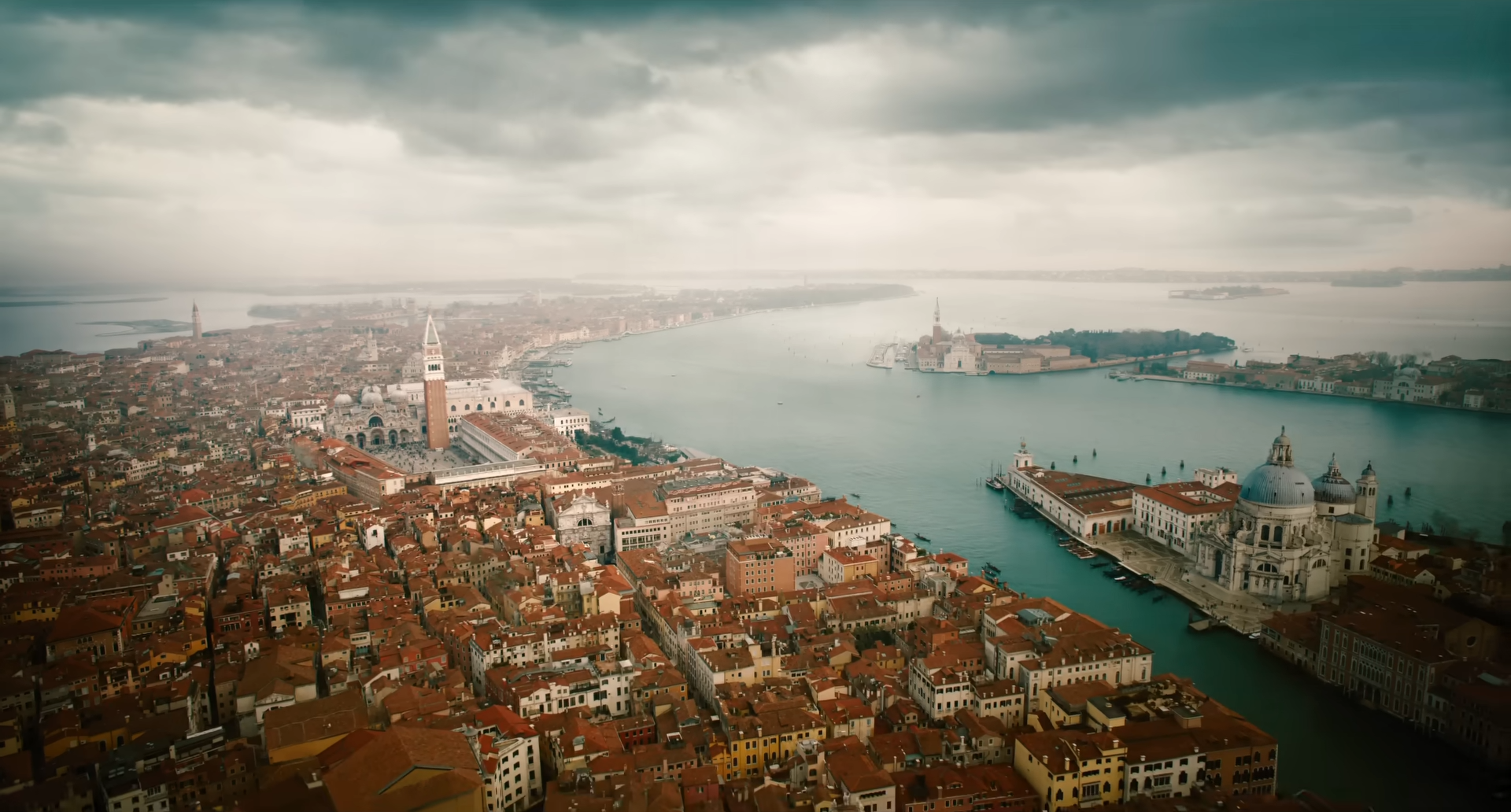
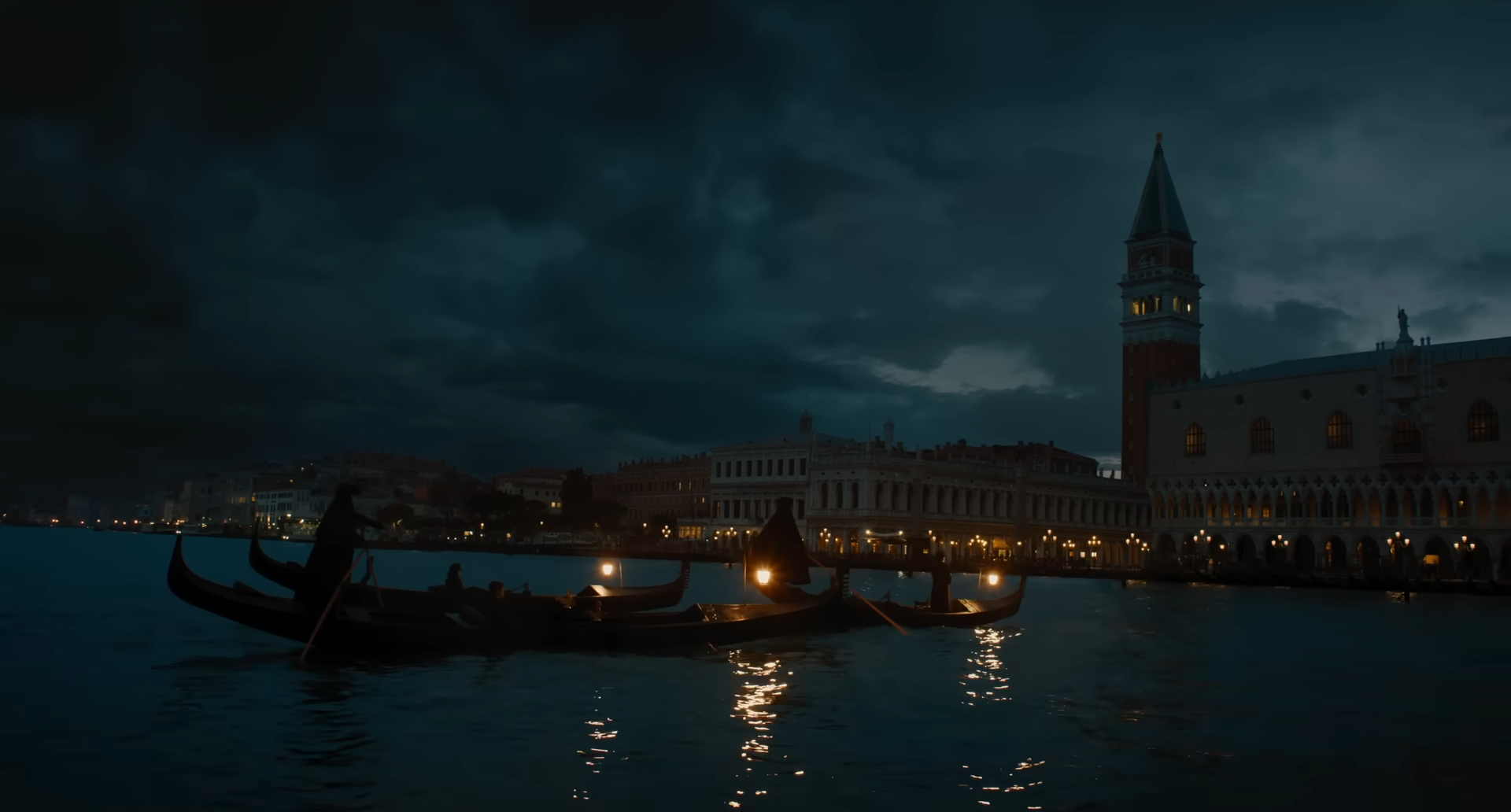
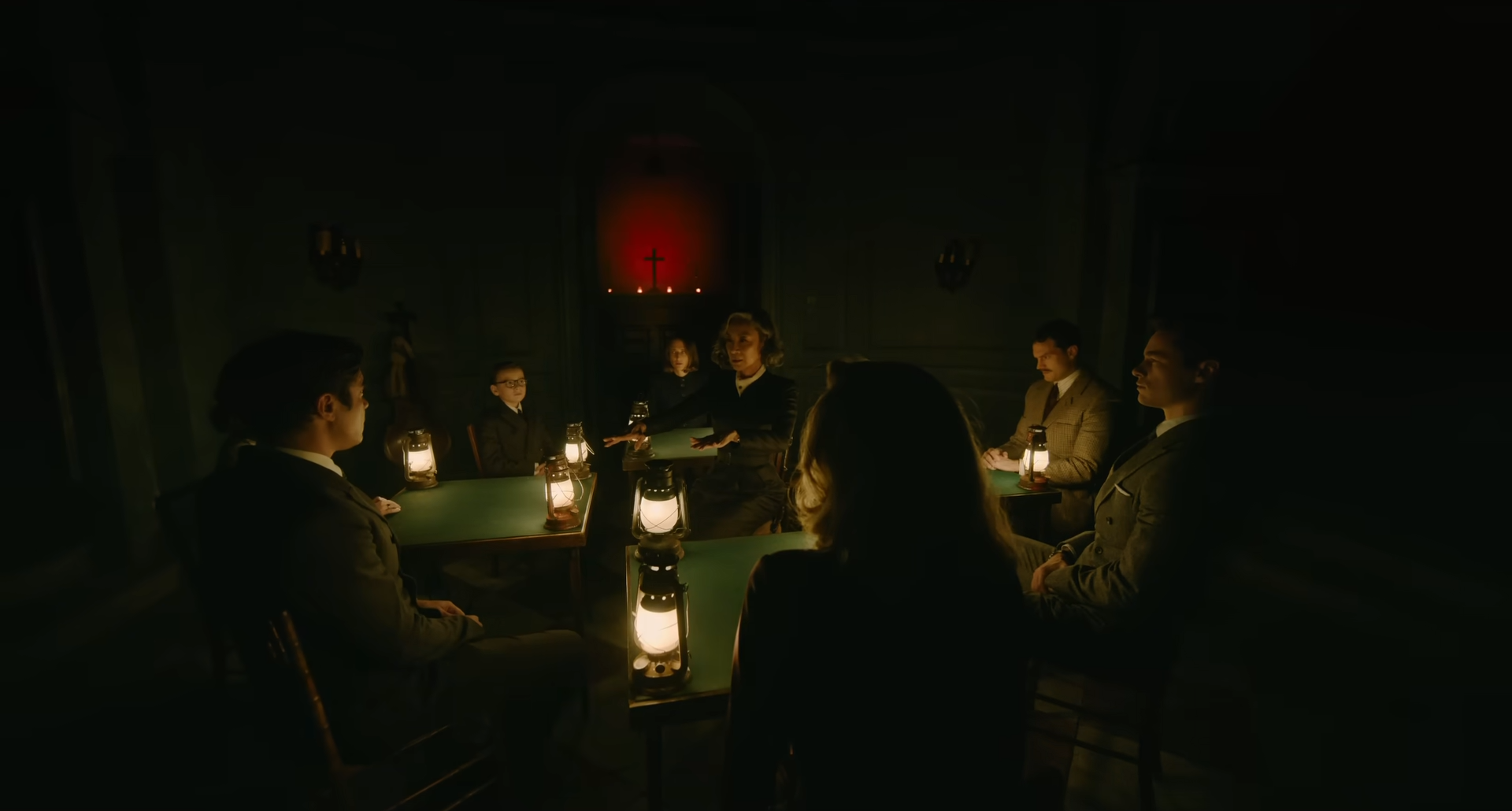
Rowena’s deceased daughter Alicia is the spirit that this small party intends to commune with, having thrown herself into the canal one year prior, presumably out of heartbreak. Also present is American crime novelist Ariadne Oliver, Poirot’s old friend who invites him to the séance with the challenge of disproving medium Joyce Reynold’s supernatural abilities. Tina Fey and Michelle Yeoh are enthralling in these roles, though Branagh’s cast is not quite as loaded as it has been in previous films. Few of these characters carry the enigmatic magnetism of Emma Mackey’s spurned lover in Death on the Nile or Michelle Pfeiffer’s resentful family matriarch in Murder on the Orient Express, making Poirot’s interrogations particularly sluggish in the film’s middle act.
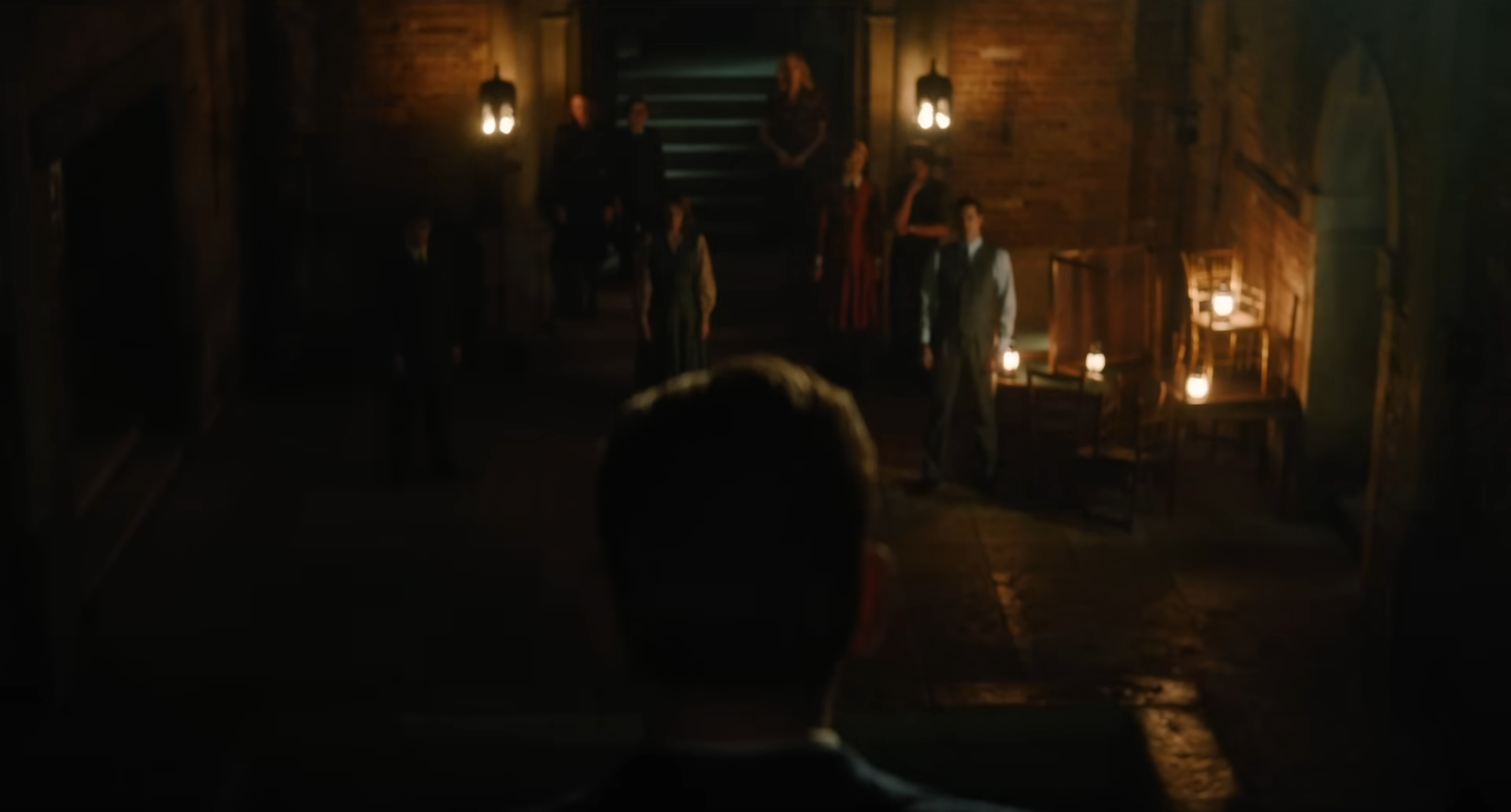
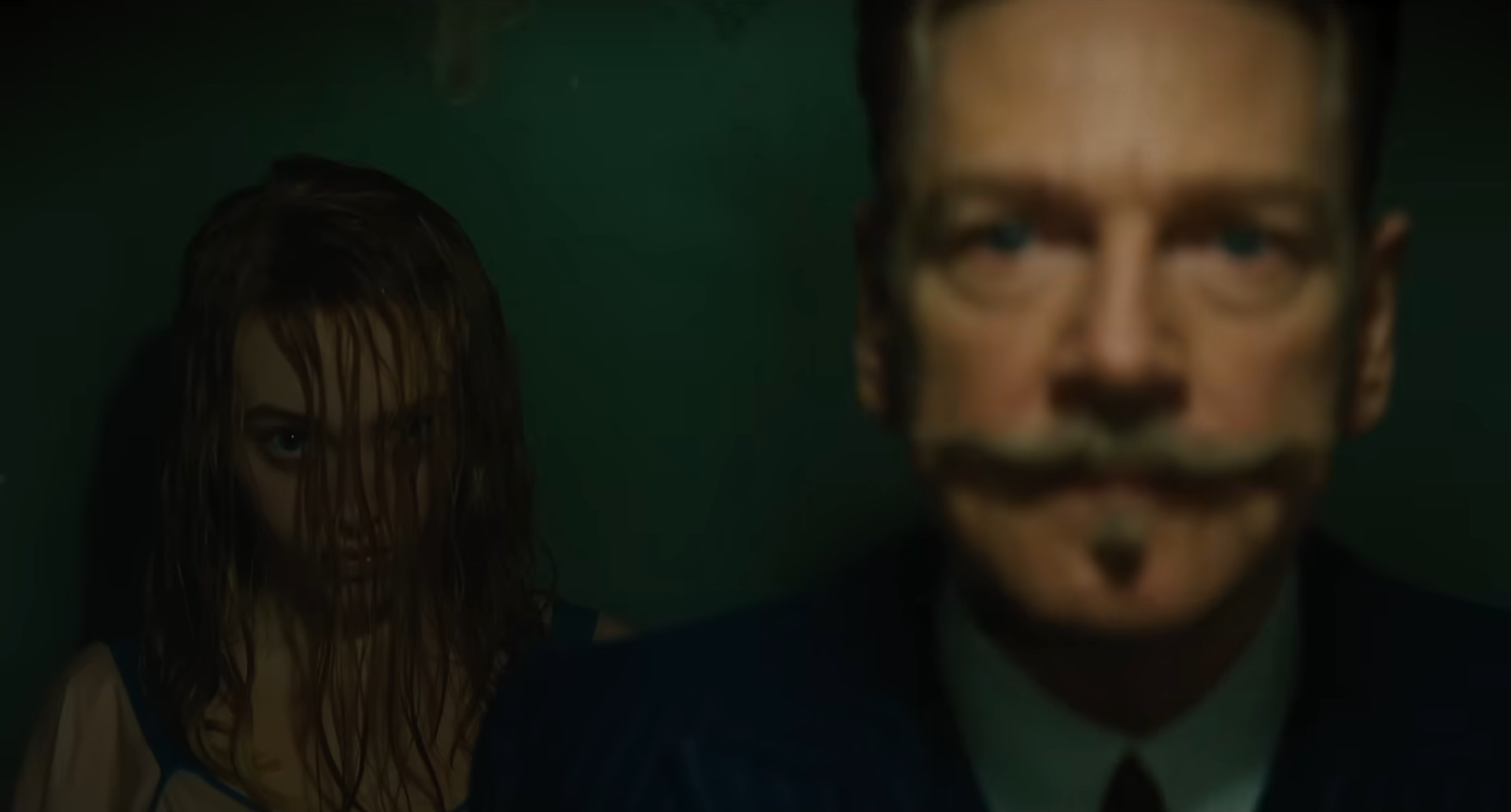
Still, Branagh’s chilling direction pulls through even at the narrative’s weakest points, and tantalisingly heightens its most shocking developments. Masked figures sail down canals illuminated by nothing but golden lanterns, ominously warning of a mystical danger that only reveals itself at night, while the Gothic parlours and spiral staircases of Rowena’s palazzo are warped in long shots framed through wide-angle lenses and Dutch tilts. The effect is unsettling, evoking Robert Wise’s 1963 horror The Haunting in its lavishly creepy stylings that escalate into close-up tracking shots attached to Poirot’s anxious face, and camera movements that twist our perspective upside-down. Adding to this the ghostly legend of children who were forcibly quarantined in the basement during the Black Plague back when the building was a hospital, and Branagh effectively blends his murder mystery narrative with supernatural horror, complicating our search for truth with further layers of deception and uncertainty.
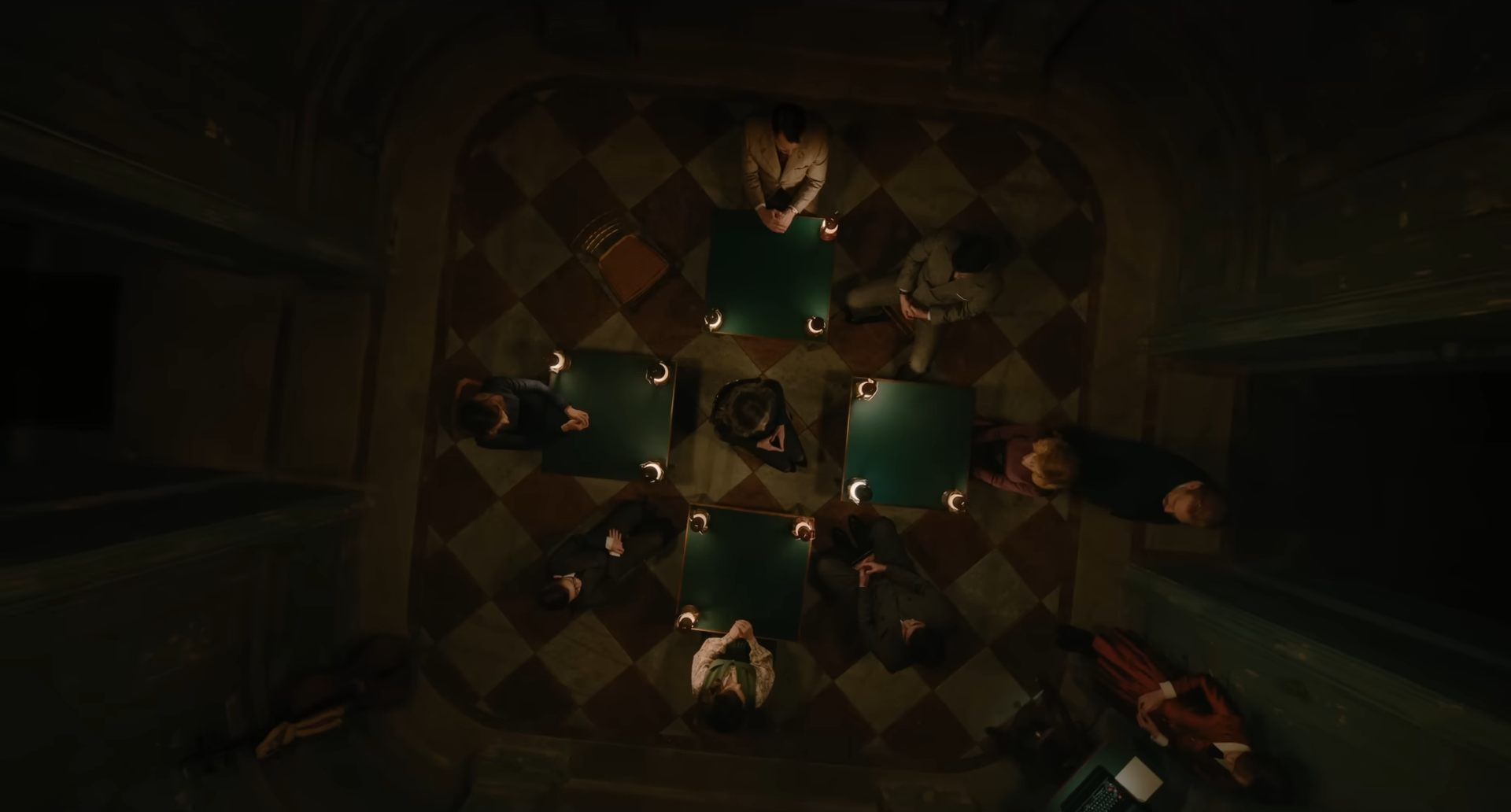
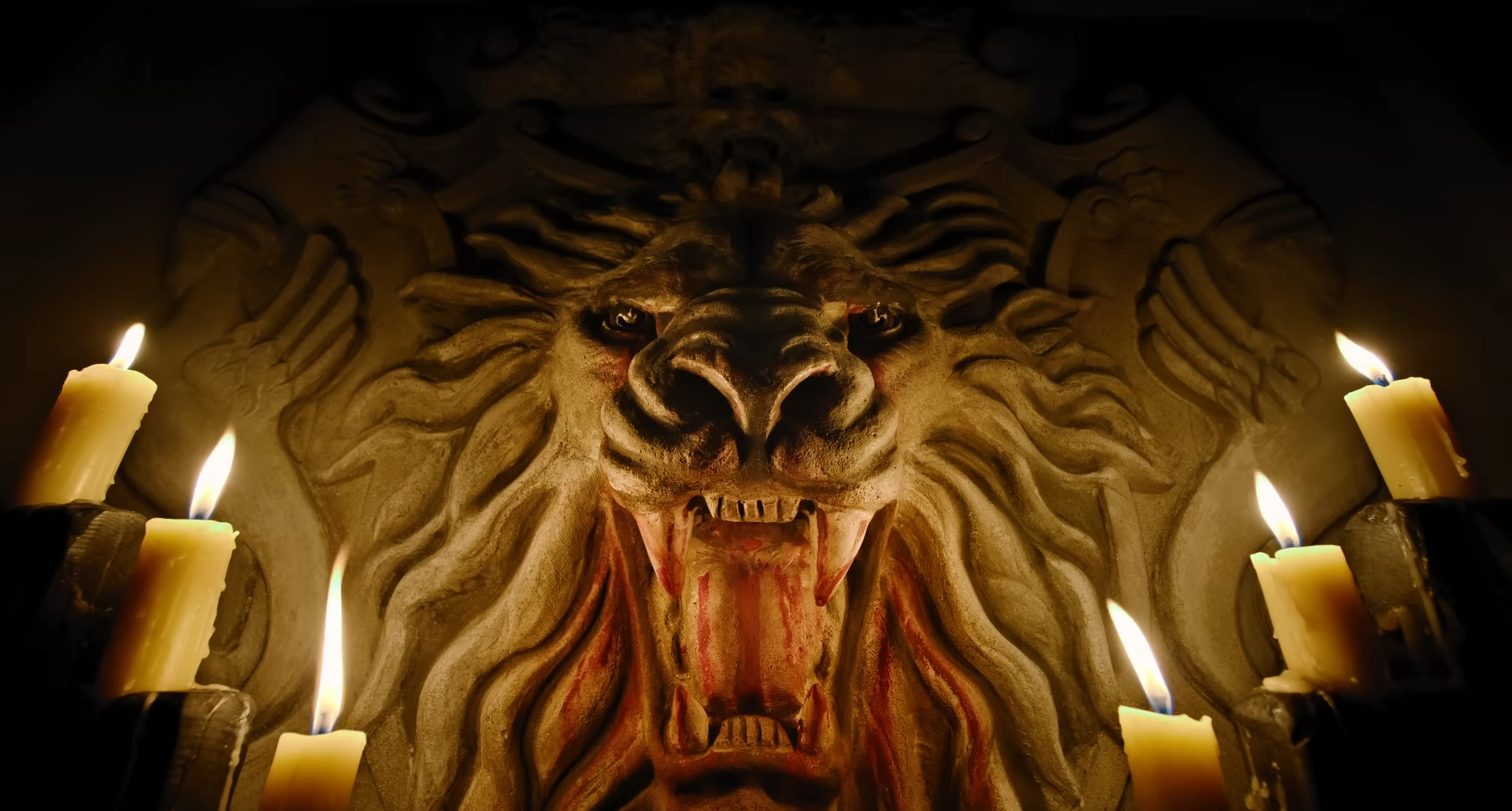
Needless to say, Alicia’s suspicious death is not the only one that Poirot sets out to investigate in A Haunting in Venice – her murderer is in attendance at this very séance, Joyce proclaims as she channels her spirit, and it quickly becomes apparent that they will kill again to destroy evidence of their guilt. An unexpected attempt on Poirot’s life significantly raises the narrative stakes, and an impossible mystery seemingly leaves us with no logical explanation when another victim’s life is claimed in a locked room, heavily suggesting that those children’s spirits are more than just medieval myth.
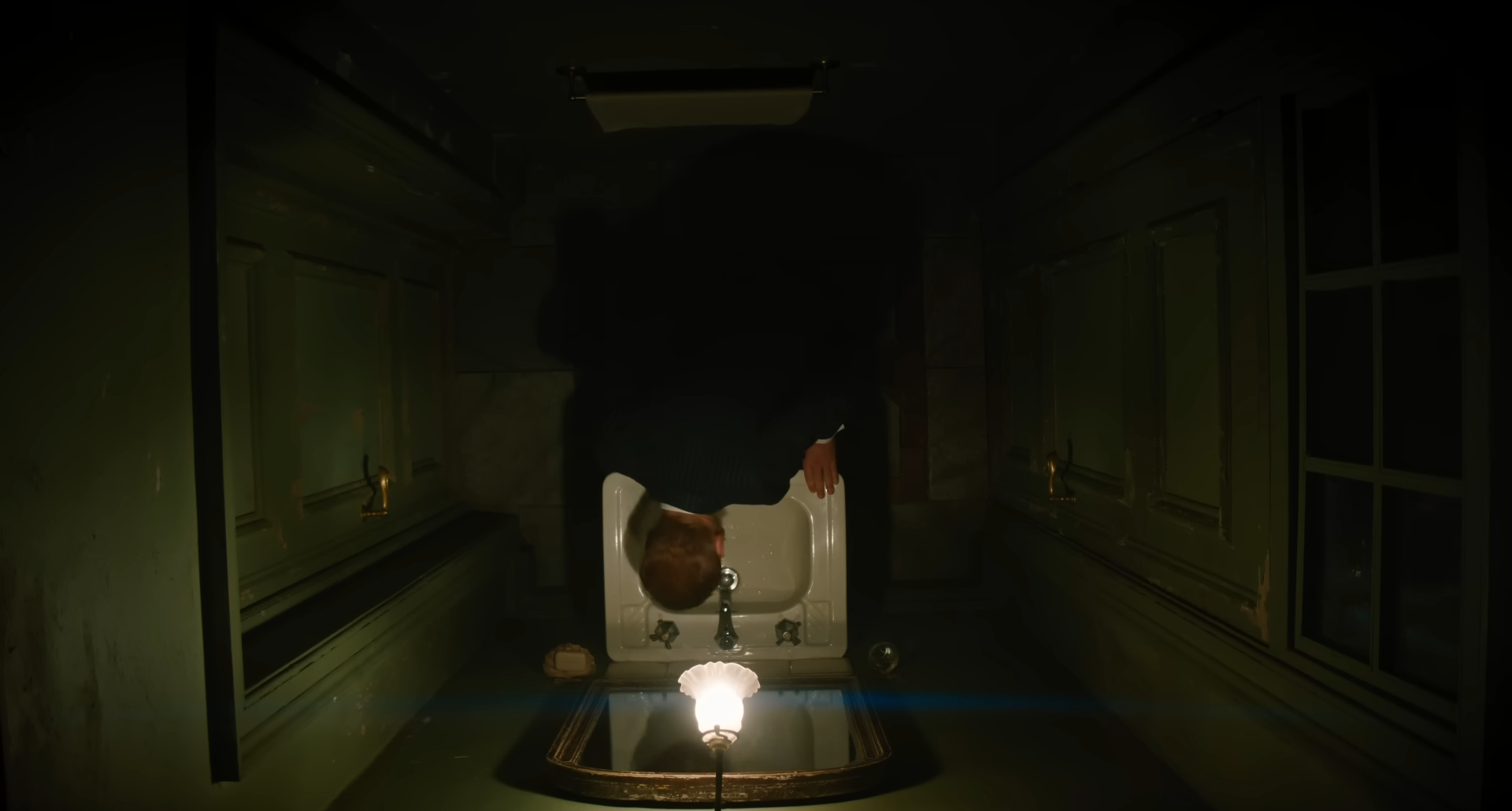
That A Haunting in Venice departs quite significantly from its original novel and often tends more towards the Gothic literature of Edgar Allen Poe is no great source of frustration in this screenplay. Over the course of three films, Branagh has sought to construct a broader picture of the flamboyantly perfectionistic detective across decades of his life, from his days fighting in World War I, through the Great Depression, and now picking up the remnants of his passionate idealism in the aftermath of World War II. The series so far has no doubt made its missteps, and yet here Branagh proves his ability to keep expanding Christie’s classic murder mystery format in thrilling directions, questioning and reaffirming those fundamental narrative foundations that seek to fully comprehend the treacherous yet ultimately rational world they have constructed.
A Haunting in Venice is currently streaming on Disney Plus.
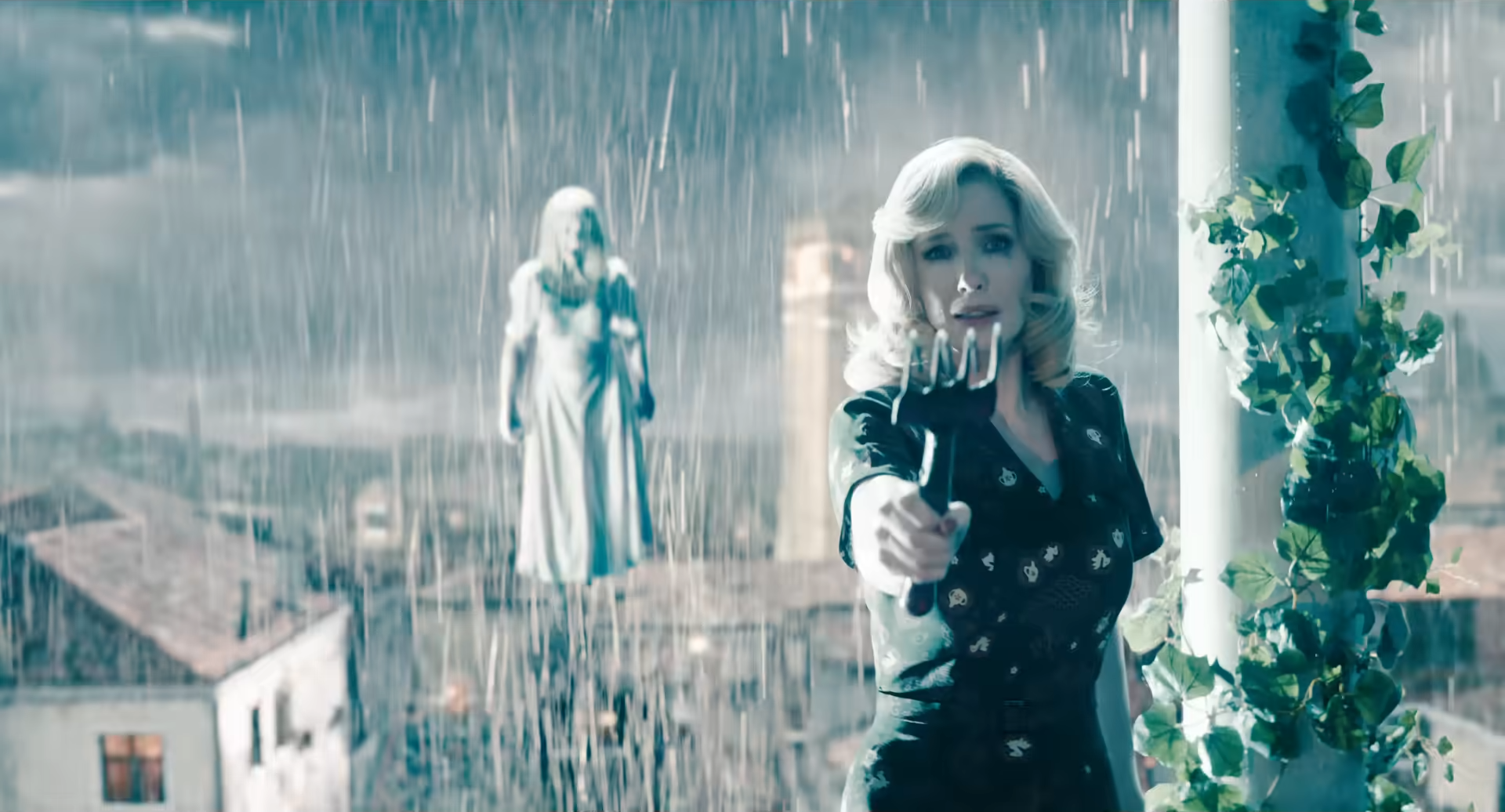


The Wife and i went and watched this last month at the cinema and it was a good movie althought my wife figured out who the killer was within the first 20mins of the movie.
https://ampleblaze.com/2023/10/02/movie-reviews-a-haunting-in-venice-2023-limelight-cinemas/
PS Love you rating system 🙂
Pingback: An Inexhaustive Catalogue of Auteur Trilogies – Scene by Green
Pingback: The 25 Best Female Actors of the Last Decade – Scene by Green